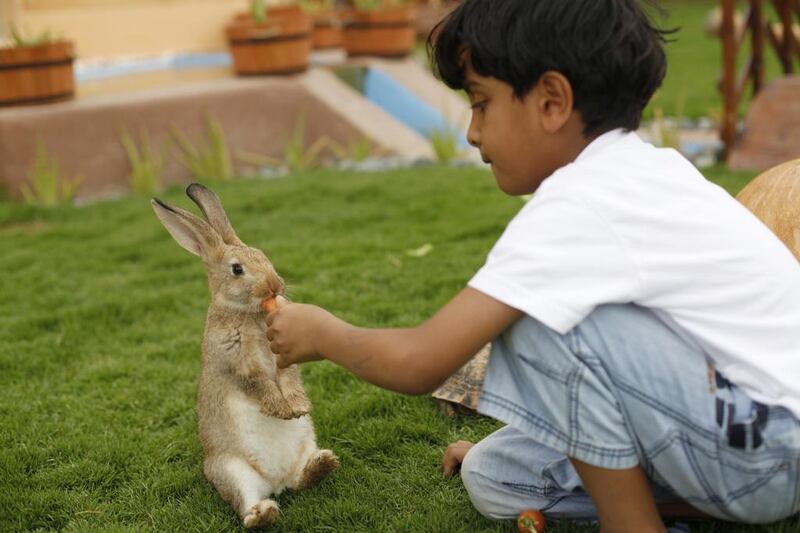My husband turned 40 a couple of weeks ago. To mark the occasion, I put together a series of video messages from friends and family. The end product was a collection of messages combining love, well wishes and humour. In all these clips, one particular point caught my attention. Most chose to record their messages in the presence of their children or pets. The children stood out for the natural ease they had in expressing love and affection. Both children and pets seemed to lend the adults a safe medium where words of love could freely flow. My own video was a series of loving messages to my husband written on cardboard. Writing, my safe medium, seemed to also permit an unreserved expression of love.
The ability to express love and affection is central to all aspects of our lives. What defines us as human beings is our basic need to form close bonds with others.
In my work with artists, housewives, executives and leaders, I often start with love and more precisely with reflecting on its manifestation within their lives. Attachment theory is an incredible work of psychology that can help us understand our reserves for both giving and receiving. It examines the nature of the bond developed between the parent and the child and how it influences adult development.
A secure bond is formed when a child experiences a peaceful environment while growing up with primary caregivers who are sensitive and responsive to the needs of the child.
Secure children grow into secure adults who are able to comfortably express love and enjoy healthy levels of intimacy while drawing healthy boundaries in their relationships with others.
Children who grow up in less peaceful environments witnessing parental conflict, domestic abuse, infidelity or the physical and emotional absence of care givers, often develop into insecure adults. They lead their lives carrying a level of avoidance or anxiety.
Anxious individuals are preoccupied with relationships and need constant reassurances that others love them. Data shows that 50 per cent of adults today are insecure.
How do we perceive love, trust, intimacy and affection? And how much are we genuinely prepared to question, challenge and ultimately shift unhealthy emotions, thoughts and behaviours?
As I pose some of these potentially difficult questions to some of my clients, the response is usually laden with scepticism.
Research points to the fact that securely attached adults are more satisfied in their relationships.
A 2011 study titled Adult Attachment Styles in the Workplace points to the fact that adults who have a pattern of insecure attachments are unable to develop the independence and grounding necessary to be effective leaders. They are also unable to nurture the trust needed to develop effective peer relationships and empowering work environments for their teams. They are also less able to effectively deal with stressful situations at work.
This touches everyone, including world leaders who need to construct effective relationships to solve world problems.
In his controversial work titled Wounded Leaders: British Elitism and the Entitlement Illusion, Nick Duffell examines the roots of emotional security among Britain’s ruling elite.
In his complex study, Duffell makes connections between the tradition of boarding education among Britain’s ruling political elite linking premature separation of the child from home and family to the failure of these children to develop into secure adults.
According to Duffell, such early emotional experiences and insecure attachments are linked to a perceived endemic of elitism, bullying and misogyny in the British political scene.
So can thoughtful love and secure attachments really heal the world? I, for one, will take my chances on it.
Rana Askoul is a writer in Dubai focusing on women and Middle East issues
On Twitter: @Ranaaskoul





